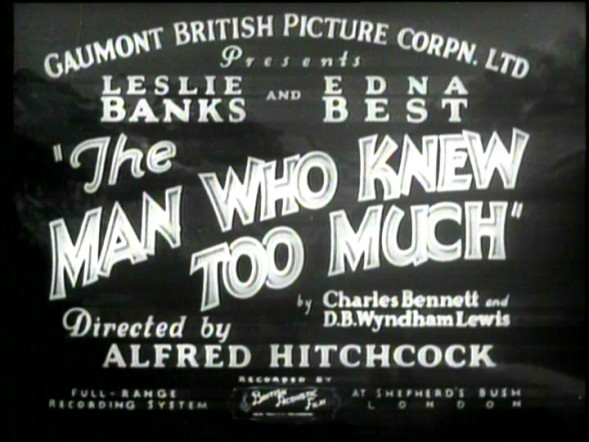
"THE GOLDEN COMPASS dropped 65% from first to third with $9M for a disappointing two-week cume of $40.9M (despite impressive vfx from Rhythm & Hues, Cinesite, Framestore CFC, Digital Domain, Rainmaker, Peerless Camera, Tippett Studio, Digital Backlot and Matte World Digital)."
I got this quote off of Animation World Network and it was a perfect example of backwards thinking in the film industry. 'Despite impressive vfx' suggests that audiences go to the movies just to see special effects. Coming from AWN it is a slanted quote as those visual effects wizards think they are the show. Yes, the overwhelming news on the film was that it looked great but in the end it's the story that sells the film. And on top of that, it's how well the story is told.
It's fairly old news but stars don't make blockbusters and neither does spectacle. 'The Golden Compass' had boxoffice star Nicole Kidman and Daniel Craig. So what? It got forty percent on the tomato meter and that is the best indicator of box office - whether or not the film works (not that this is an exact science either).
In the end it's all a bit of a crap shoot. I remember when Brad Bird's 'The Iron Giant' came out and it was a critical success and did nothing at the box office. Although hampered by poor marketing the film has since found life on home video and I can only assume it's made it's money back. I suppose it comes down to how much money you want to invest in a film. Judd Apatow's 'Knocked Up' cost 33 million (according to IMDB) and pulled in 150 million. 'Superbad' cost 20 million and pulled in over 120 million at the box office. Low cost, high entertainment. What is special in Apatow's case is that the personality of the filmmakers are coming through. They don't feel like committee driven projects with mountains of notes given. I just read a great quote from William Wellman who I just discovered through TCM and an odd little John Wayne picture called 'Islands in the Sky'.
"Get a director and a writer and leave them alone. That's how the best pictures get made."
It's not about stars or visual effects. It's about story. A one hundred and eighty million dollar budget will not guarantee you a success (estimated Golden Compass budget). It's all about getting the story right first. This is the least expensive part of the movie making process - a lone writer with a sharp pencil, a notebook and a laptop computer. Even this won't guarantee you a popular film but you'll feel a whole lot better in the end.












